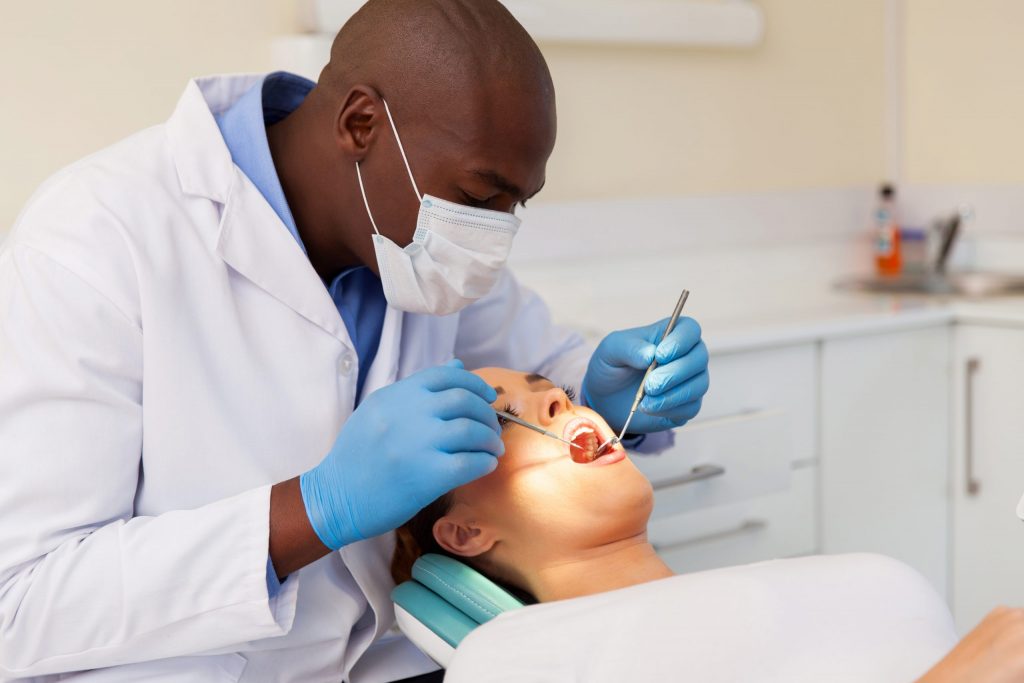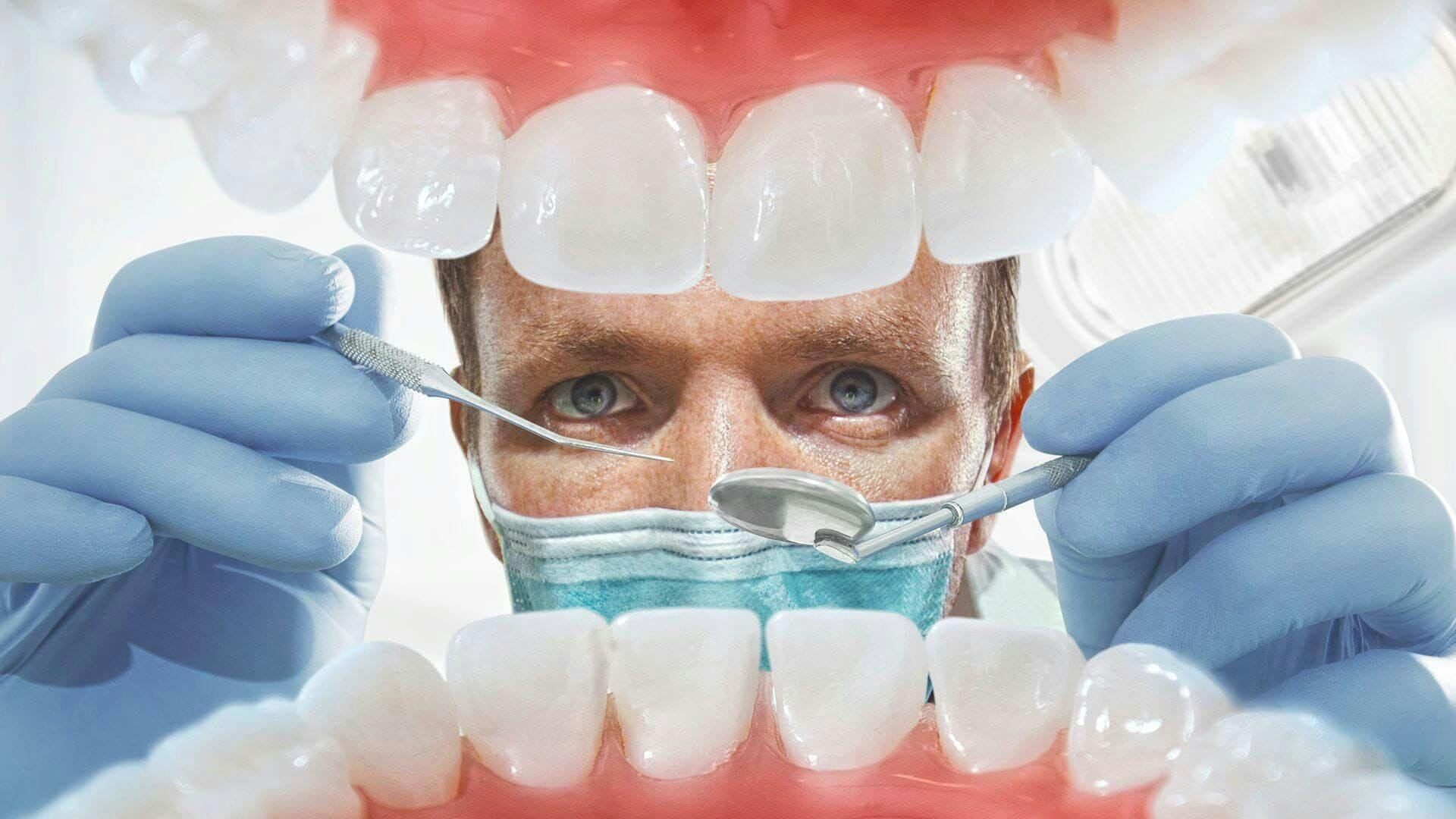Expert Tips for Selecting the Right Dentists Eugene for Your Dental Wellness
Expert Tips for Selecting the Right Dentists Eugene for Your Dental Wellness
Blog Article
Learn About Frequent Dental Concerns Your Dentist Can Solve
Understanding constant oral issues is critical for maintaining optimum oral health. Problems such as cavities, periodontal disease, tooth sensitivity, bad breath, and tooth decay are common yet typically neglected up until they come to be severe. Routine oral sees and personalized care plans can address these issues effectively, ensuring a healthier and brighter smile.
Tooth Cavities
Dental caries, likewise understood as tooth decays, are a common oral health and wellness concern brought on by the demineralization of tooth enamel due to acid manufacturing from microbial plaque. This process begins when microorganisms in the mouth metabolize sugars and starches from food, creating acids that wear down the enamel. Otherwise attended to immediately, this erosion can pass through much deeper right into the tooth, impacting the dentin and at some point the pulp, potentially leading to extreme pain and infection.
The onset of tooth cavity formation typically existing as white spots on the tooth surface area, showing first demineralization. As the procedure progresses, these places can establish right into black or brown sores, signifying a lot more considerable degeneration. Regular oral exams are vital for early detection, as dental caries in their nascent stages can be treated with remineralization strategies, such as fluoride treatments.
Once a dental caries has developed, corrective treatment is required. Dentists normally get rid of the corroded portion of the tooth and load the dental caries with materials such as composite resin, amalgam, or ceramic. In a lot more severe situations, a crown or root canal treatment may be needed. Safety nets, consisting of great dental health practices and dietary adjustments, play an essential duty in mitigating the danger of tooth cavities.
Gum Tissue Condition
While tooth cavities stand for a considerable concern for dental health, one more crucial problem that requires interest is gum tissue disease. Also called gum disease, gum illness is an inflammatory condition affecting the cells bordering and sustaining the teeth. It is mostly brought on by the accumulation of plaque-- a sticky movie of germs that bases on teeth.
Periodontal condition advances through phases, beginning with gingivitis, characterized by soreness, swelling, and hemorrhaging gums (dentists eugene). If left without treatment, gingivitis can intensify to periodontitis, where the internal layer of the periodontal and bone pull away from the teeth, developing pockets that become contaminated. Over time, the contaminants produced by the germs damage down the bone and connective cells that hold teeth in position, potentially leading to tooth loss
Very early detection and treatment are vital. Expert oral cleanings and boosted dental hygiene techniques, such as brushing twice day-to-day and flossing, can handle gingivitis. For more sophisticated phases, treatments might consist of scaling and root planing, anti-biotics, and even surgical treatments.
Routine oral check-ups play a crucial role in taking care of and avoiding periodontal condition. Dental practitioners can determine very early signs and recommend proper interventions, guaranteeing the upkeep of healthy and balanced gum tissues and general oral health and wellness.
Tooth Level Of Sensitivity
Tooth level of sensitivity influences countless people worldwide, presenting a common yet commonly distressing dental problem. This problem emerges when the enamel, the outer protective layer of the teeth, is endangered, disclosing the underlying dentin. The dentin contains microscopic tubules that lead directly to the dental pulp, where nerves stay. When subjected to stimulations such as warm, cold, sweet, or acidic substances, these nerves are activated, triggering sharp pain or pain.
Numerous variables contribute to enamel disintegration and succeeding tooth sensitivity, including hostile brushing, acidic foods and beverages, gum tissue economic downturn, and bruxism (teeth grinding) Furthermore, dental procedures such as teeth lightening can momentarily increase sensitivity.
Negative Breath
One more common oral issue that affects individuals' day-to-days live misbehaves breath, medically labelled bad breath. This problem can be specifically stressful, influencing individual communications and self-confidence. Bad breath often stems from poor oral health, which permits food fragments to stay in the mouth, promoting microbial development. These germs produce sulfur compounds, resulting in undesirable smells.

Dental practitioners play a critical role in detecting and treating halitosis. They can identify the origin cause with an extensive evaluation and provide customized guidance and therapy plans. Referrals might entail boosting dental health techniques, such as regular brushing and flossing, using antibacterial mouth washes, remaining moisturized, and resolving any kind of oral concerns. In many cases, a referral to an expert may be needed to tackle underlying health issue adding to halitosis. Effective management of bad breath not only improves dental health and wellness however also significantly improves lifestyle.
Dental Cavity

Protecting against dental cavity involves a combination of excellent dental hygiene techniques and regular dental exams. Brushing teeth a minimum of two times daily with fluoride tooth paste, flossing to remove plaque between teeth, and restricting the intake of sweet foods and drinks are vital preventive steps. Fluoride treatments, oral sealants, and expert cleansings provided by a dentist can additionally play a significant role in fortifying enamel and preventing decay.
Dental professionals can remove corroded tissue and recover the tooth with fillings made from products such as composite material, amalgam, or porcelain. By dealing with tooth degeneration quickly, dental professionals assist maintain dental structure and feature, making sure long-lasting dental health.
Verdict
Attending to common dental worries such as tooth cavities, gum illness, tooth sensitivity, halitosis, and tooth degeneration is important for keeping optimum dental health and total wellness. Dental practitioners possess the proficiency to detect and deal with these problems successfully, guaranteeing tailored treatment for each person. Normal preventative steps and dental check-ups are essential in identifying and handling these issues early, promoting a much healthier and a lot more positive smile over a lifetime.

Tooth decay, additionally known as oral cavities, takes place when the enamel, the outer layer of the tooth, is eroded by acids generated by microorganisms in the mouth. Brushing teeth at least twice daily with fluoride tooth paste, flossing to get rid of plaque in between teeth, and restricting the intake of sweet foods and drinks are vital preventive measures.Attending to typical dental issues such as dental caries, gum tissue condition, tooth level of sensitivity, poor breath, and tooth degeneration is vital for keeping optimum oral health and wellness and total wellness.
Report this page